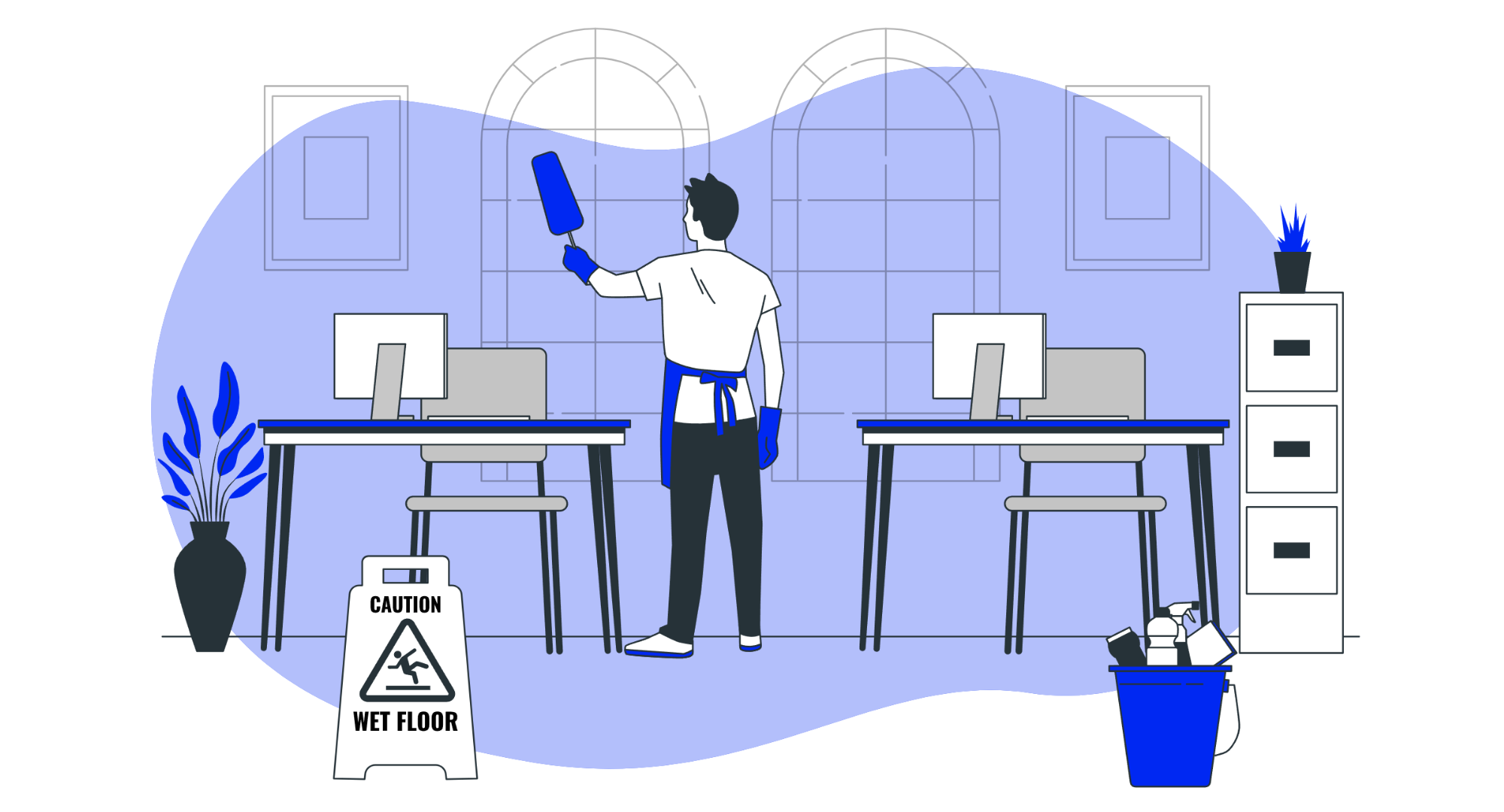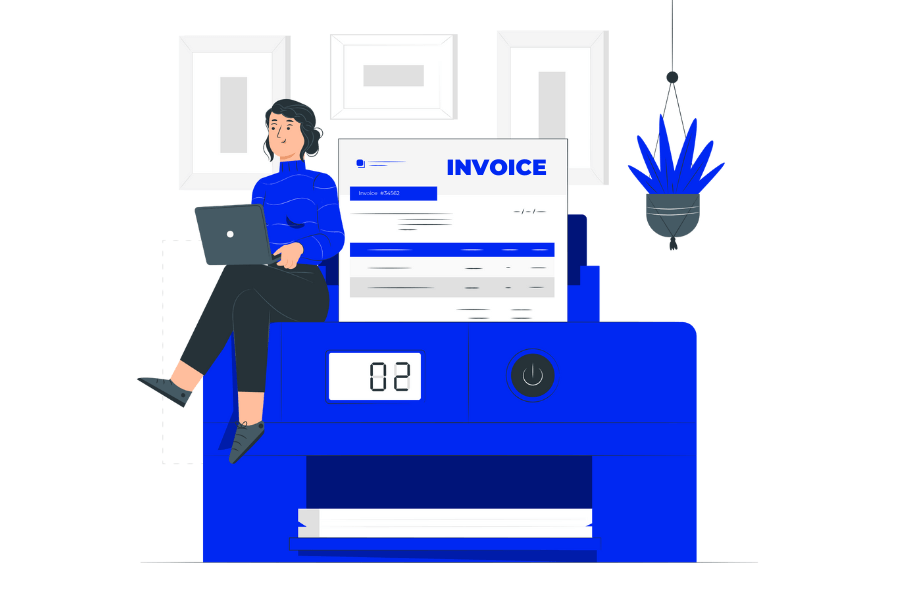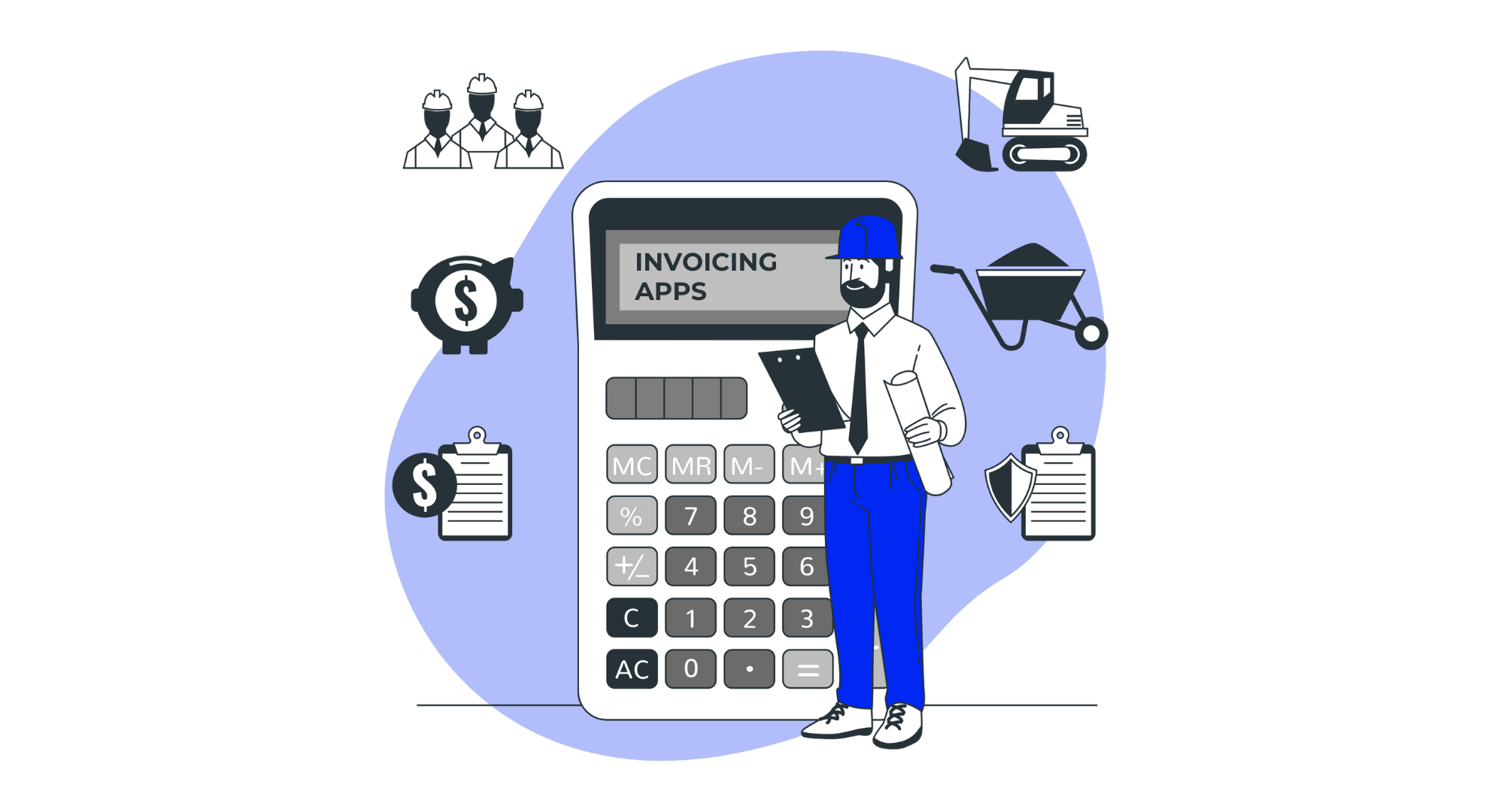
There is probably no better time to start a business simply because small businesses are now booming. And as more businesses are propping up everywhere, the demand for various types of services also rises. This is especially true for cleaning services.
But, starting a cleaning business can seem a bit daunting because the employee turnover rate in this industry is high and a lot of businesses are also looking for green cleaning companies which makes things a bit more challenging.
So, why should you consider starting a cleaning business? Well, even with these obstacles in mind, the cleaning industry is still on the rise, which is why it’s a good time to get into this type of business.
So, to help you start out, we have created a simple guide and checklist for your cleaning services.
Let’s get started!
Key takeaways
- Low startup costs, high profit potential
- Specialize in niche services
- Build a loyal customer base
- Effective marketing is key
Get Started: Set Up Your Cleaning Business
Starting from scratch? First, pick your business name and get the necessary paperwork sorted. It might cost a little upfront, but it’s essential for running a legit cleaning business and gaining loyal clients.
You’ll probably want to form an LLC or corporation to protect your business. Do some quick research to find an available name, then kick off the paperwork process.
Make sure you check if a business license is needed for your area. Once you’re set, you can start offering cleaning services—even as a one-person business. Don’t worry, you’ll grow and expand in no time. If needed, get a cleaning invoice template too.

Pros and Cons of Starting a Cleaning business
Not sure if starting a cleaning business is the right move? No worries, you will probably find it’s a great fit. Here are some pros and cons to help you decide.
Pros | Cons |
Low Startup Costs | High Competition |
Low Overhead and Operating Costs | Demanding Physical Work |
Scalability | High Employee Turnover Rate |
High Demand for Cleaning Services | Unstable Income During Slow Seasons |
Recurring Revenue Opportunities | Liability and Insurance Costs |
Flexible Work Hours | Challenges with Client Retention |
Advantages of Cleaning Services
- Low Startup Costs: You don’t need much to get started—just some basic equipment and cleaning supplies. It’s a budget-friendly business to launch.
- Low Overhead and Operating Costs: With minimal expenses, like cleaning materials and transportation, you can keep your costs down and profits up.
- Scalability: Whether you start solo or with a small team, it’s easy to scale. As your client base grows, you can hire more staff and expand your services.
- Recurring Revenue Opportunities: Cleaning services are often needed regularly. This means more chances for ongoing contracts and stable income.
- High Demand for Cleaning Services: There’s always a need for cleaning, both residential and commercial. You’ll have a steady flow of potential clients.
- Flexible Work Hours: Set your own schedule. You can choose to work part-time, full-time, or grow your hours as your business expands.
Use the best invoicing app for Cleaners!
Make invoicing simple with Billdu, the best invoicing app for cleaners. Download our free cleaning invoice template in Word and start sending professional invoices today!















